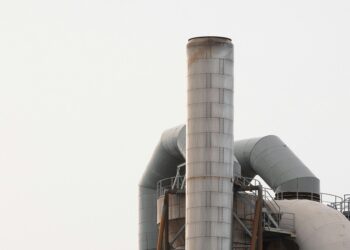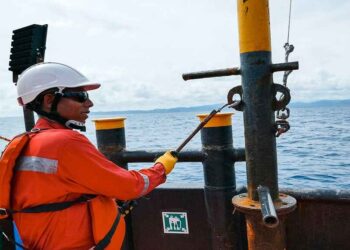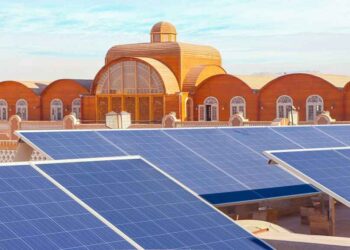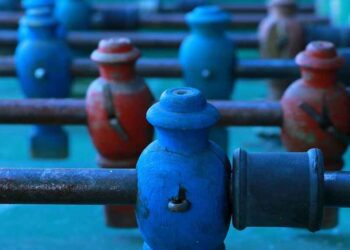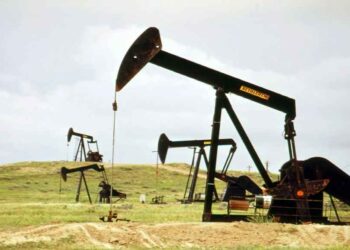Sasol is eyeing potential expansion into Angola, Ghana and Tanzania but Mozambique remains its immediate focus in Africa, the South African petrochemicals company’s chief executive said on Monday.
Sasol reported a 14 percent increase in full-year earnings on Monday, boosted by higher chemical prices and a weaker rand but still short of analysts’ expectations.
CEO David Constable said in the results presentation that nine of the 17 largest gas discoveries in the last five years were in sub-Saharan Africa and Sasol saw huge hydrocarbon potential in the region.
Sasol is conducting a study to build a gas-to-liquid (GTL) plant in northern Mozambique with Italian oil and gas group Eni and Mozambique’s national oil company, Empresa Nacional de Hidrocarbonetos.
“Our first priority is Mozambique,” Constable told Reuters in an interview.
Asked what countries Sasol would consider expanding into where it is currently not operating, he replied: “Angola, Ghana onshore and Tanzania, those types of countries is where we’ll take a run.”
Tanzania has made big natural gas discoveries off its southern coast and hopes to use its deposits to end chronic energy shortages. As of April, the government said Tanzania’s natural gas discoveries stood at 46.7 trillion cubic feet.
Constable said Sasol could go into producing assets, into existing blocks as a non-operator, or take part in oil or gas exploration in these countries.
Sasol said the economic outlook in its domestic South African base “remains challenging as the country is still recovering from a five-month long strike in the platinum sector, with business and consumer confidence levels remaining low.”
It also said that rand exchange rate and oil price assumptions, the biggest external factors impacting the company’s margins, could be volatile because of increased geopolitical tensions and the likelihood of rising interest rates in the world’s top economies.
Diluted headline earnings per share rose to 59.64 cents from 52.53 cents the previous year, below a Reuters forecast of 63.4 cents, based on a poll of 11 analysts.
It still expected a solid production performance for the next financial year and saw capital expenditure of 50 billion rand ($4.7 billion) for 2015 and 65 billion rand for 2016.
The group also said it had obtained all the air, water and wetlands permits for its mega-projects in the southern U.S. state of Louisiana, an ethane cracker and derivatives plant and an integrated gas-to-liquids and chemicals facility, which are expected to cost around $16 to $21 billion to build between them.
“We are making good progress on the financing,” Sasol said.
On the ethane cracker, which is expected to cost $5 to $7 billion, Sasol said it expects to make a final investment decision this calendar year on the project.
A cracker takes ethane, a component of natural gas, and turns it into ethylene, which is used in the manufacture of plastic products











































